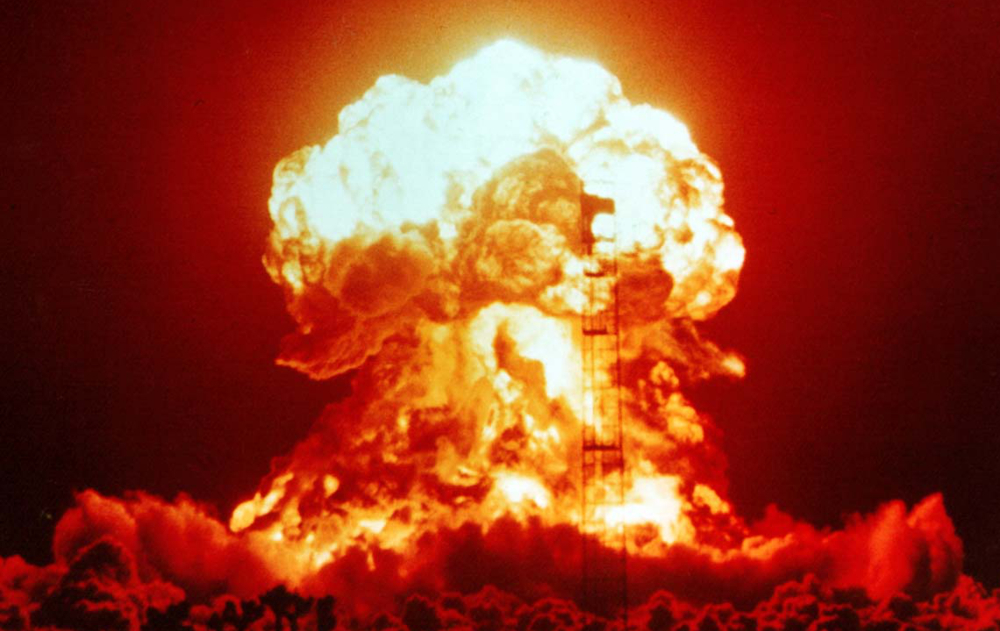A new law on CBD in Washington has the potential to radically realign the CBD market as it now exists in the state by essentially handing the sector over to the marijuana industry.
Under the law, signed by Gov. Jay Inslee last month, CBD products that contain even trace amounts of total THC are now effectively considered “marijuana” and subject to regulation by the Washington State Liquor and Cannabis Board (WSLCB). That means CBD sales will likely be limited exclusively to licensed pot dispensaries in the state.
Specific regulations in Washington are not expected for a month or more, and several key questions remain open, according to attorney Jack Scranton of the Seattle-based Harris Bricken law firm, which published a blog post summarizing the legislation.
The law, SB 5367, appears to eliminate CBD sales at non-licensed retail outlets, which would force those sellers to terminate supply contracts and liquidate existing inventories. Online sales, estimated to account for 40% of the state’s total CBD market, are also likely to be affected.
Pure politics
The changes have little to do with safety concerns but rather are the result of successful lobbying by the state’s marijuana industry, Scranton wrote.
“The insistence by Washington lawmakers that hemp-derived CBD products contain 0.0% of any THC isomer doesn’t read like a public health initiative,” according to Scranton. “Rather, it seems like the cannabis lobby successfully using the lawmaking process to recapture a significant part of the CBD industry.”
The market will be further controlled by marijuana interests because of a current moratorium on new cannabis licenses, Scranton also observed. “So it is not as if businesses thrown out of compliance by SB 5367 can merely apply for and obtain a cannabis license,” he said.
Strict requirements
In addition to restricting CBD sales to licensed marijuana vendors, sellers must test their products for THC levels, and label their products with accurate THC amounts.
The new law revises language to define “THC concentration” as including all forms of THC in CBD products, more restrictive than previous language which referred only to the total delta-9 THC present in such products.
The law also updates the definition of “hemp consumable” to embrace “any product intended to be consumed or absorbed inside the body by any means including inhalation, ingestion, or insertion, with any detectable amount of THC” – including but not limited to smokable hemp cigarettes, CBD extracts and tinctures. If such products contain any THC, they may be sold only by licensed marijuana vendors, the bill indicates.
Guidance needed
“The prevalence of CBD products in Washington retail stores raises a serious question for these retailers about how (and whether?) the WCLCB will enforce the law,” according to Scranton. “Many CBD products with detectable levels of THC sit on shelves all over the state right now. What are these retailers to do with that product if they cannot sell it before July 23? What will the penalties be for violations? Will there be a grace period of some sort?
“The state needs to provide guidance on these and other questions so that stakeholders can prepare themselves,” Scranton wrote.
It is also unclear if the state intends that both producers and sellers of all products containing detectable levels of THC now require a WSLCB cannabis license.
Consumers will pay
States have been forced to deal with CBD in the absence of federal rules. The U.S. Food & Drug Administration (FDA) declared in January that it is unable to set rules for CBD until Congress acts to clearly legalize such products, after nearly five years during which stakeholders repeatedly called for the establishment of a regulatory framework following the legalization of hemp and its downstream derivatives as a result of the 2018 Farm Bill.
FDA has repeatedly held that CBD products remain illegal to sell because the agency has not approved them, but the products have proliferated despite being subject to the Federal Food, Drug and Cosmetic (FD&C) Act. FDA last month said it aims to create a special path to market for CBD.
CBD products have been widely available in convenience stores, bodegas, supermarkets and other retail outlets in Washington. Restriction to marijuana dispensaries would likely lead to increased prices for CBD products as qualified sellers pass on the costs of regulation to consumers.
Washington growers put in less than 400 total acres of hemp last year, approximately half of which was dedicated to the hemp flowers needed for CBD production, according to the U.S. Department of Agriculture.

